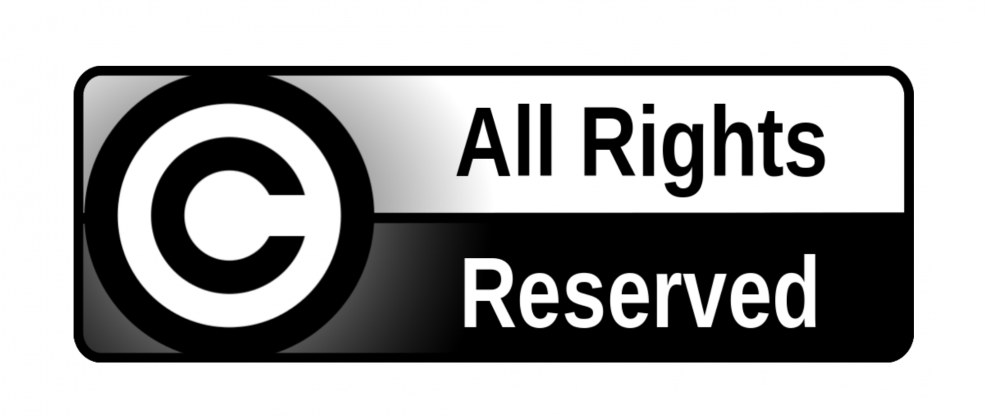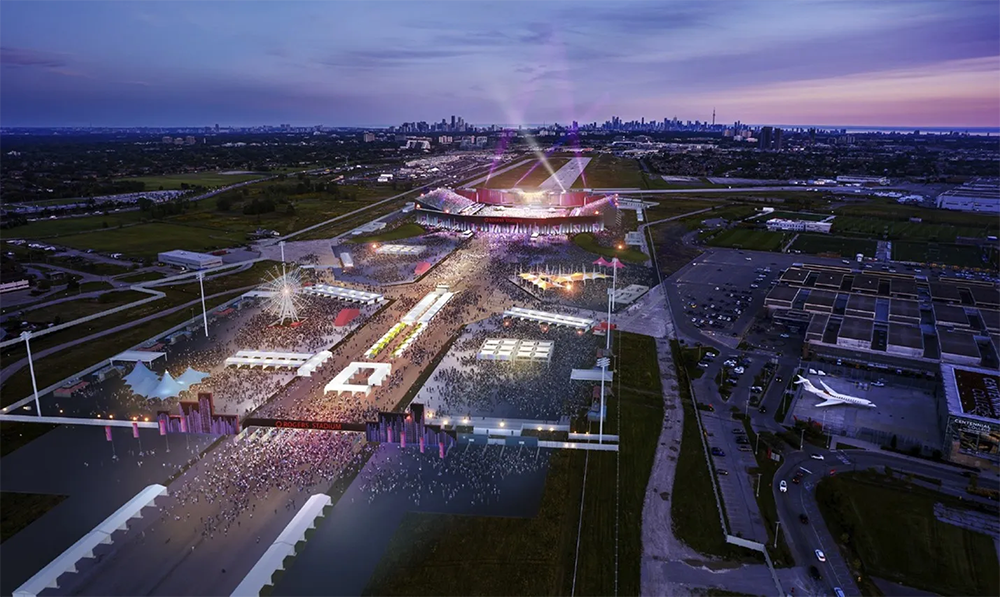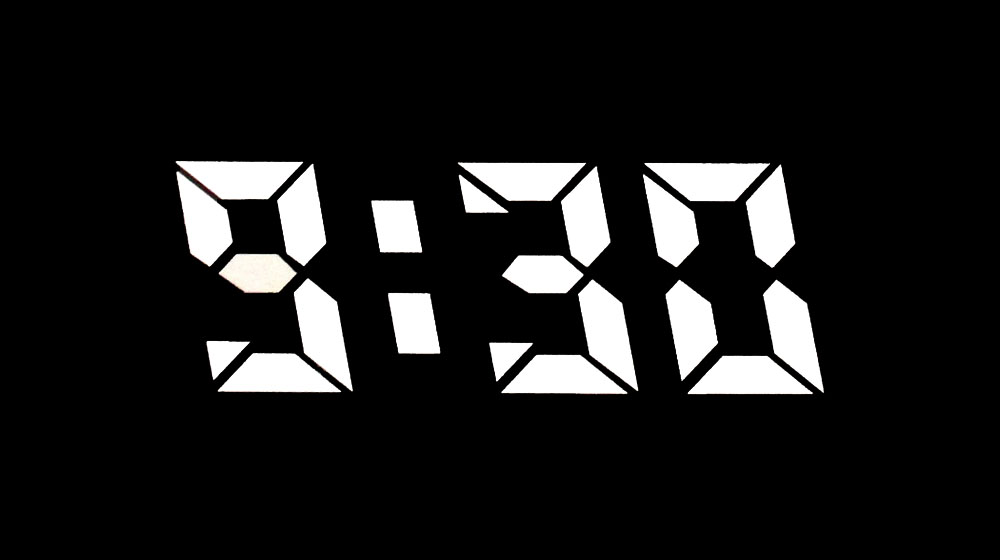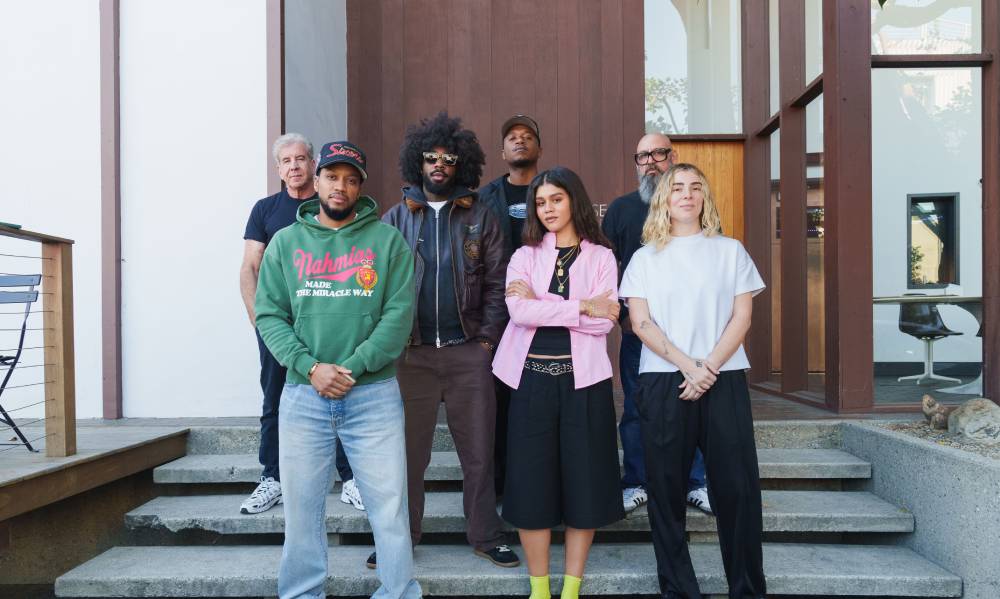With the passage of the Music Modernization Act a competition of sorts has arisen, with multiple groups competing to be theMechanical Licensing Collective. So what do these new candidates mean for the Copyright Office, who is ultimately responsible for designating said group.
_________________________________
Guest post by Chris Castle of Music Tech Solutions
Nate Rau reports in The Tennessean that there is a new group competing to be the “Mechanical Licensing Collective” under the Music Modernization Act. I would expect there will be at least one more group come forward in the coming weeks. This competition was easy to expect, but it does call to account the short time frames for setting up the MLC in the Music Modernization Act. Those time frames fail to take into account the potential delaying effects of competition.
Multiple competitors also suggests that whoever wins the designation of the Copyright Office should be looking over their shoulder before the 5 year review of the MLC’s performance by the Copyright Office. It’s likely that whoever is the runner-up in that designation pageant will still be around and may be critical of the winner when that 5 year review comes around.
It’s also worth noting that no one seems to be very interested in the music services’ counterpart to the MLC, being the “Digital Licensee Coordinator” or the “DLC”. Whoever ends up getting to be the DLC is also going to be subject to a 5 year review, likely to be side by side with the MLC’s review.
As it now seems like there may be hard feelings on the part of the runner up for the MLC, this would be a good time for the Copyright Office to come up with objective criteria for both the selection of a winner and the definition of success when the 5 year review comes up. It appears from the statutory language that Congress intends for the Copyright Office to come up with these criteria, and the clearer and more transparent the criteria, the less likely it will be for hard feelings to result in a meltdown.
The review of both the MLC and the DLC are governed by the same language in the Music Modernization Act:
Following the initial designation of the [mechanical licensing collective/digital licensee coordinator], the Register shall, every 5 years, beginning with the fifth full calendar year to commence after the initial designation, publish notice in the Federal Register in the month of January soliciting information concerning whether the existing designation should be continued, or a different entity meeting the criteria described in clauses (i) through (iii) of subparagraph (A) shall be designated. Following publication of such notice, the Register shall—
“(I) after reviewing the information submitted and conducting additional proceedings as appropriate, publish notice in the Federal Register of a continuing designation or new designation of the [mechanical licensing collective/digital licensee coordinator], as the case may be, and the reasons for such a designation, with any new designation to be effective as of the first day of a month that is not less than 6 months and not longer than 9 months after the date on which the Register publishes the notice, as specified by the Register; and
“(II) if a new entity is designated as the [mechanical licensing collective/digital licensee coordinator], adopt regulations to govern the transfer of licenses, funds, records, data, and administrative responsibilities from the existing mechanical licensing collective to the new entity.
The Congressional mandate to the Copyright Office is very broad–“soliciting information” could mean just about anything even remotely germane. Given that the Copyright Office is to designate each of these crucially important offices empowered by Congress and to then measure their competency five years from now, it does seem that the Copyright Office would do well to give both the MLC and the DLC notice of what’s expected of each of them, and to do so before the designation is made.
For example, record keeping regarding customer service responsiveness, accuracy of the ownership database, overbudget or underbudget spending, complaints by songwriters, matching rates, number of audits of services undertaken, audit recoveries and distributions and executive compensation might all be relevant in the case of the MLC.
Some of these same criteria might be relevant for the DLC, although the DLC would have its own issues not common to the MLC. These might include responsiveness of the DLC to potential blanket licensees, confidential treatment of competitive information, fair allocation of the assessment and communication with all licensees, especially the significant nonblanket licensees.
The Copyright Office would do well to recall the “seven anonymous amici” from the Microsoft antitrust litigation who were so dependent on Microsoft and so afraid of retaliation that they could not even use their own names to file an amicus brief in the case. If the Copyright Office intends to have a candid assessment of either the MLC or the DLC, it might be a good idea to make an anonymous comment process available to competitors who fear retaliation.
If the Copyright Office makes a nonexhaustive list of qualities that constitute a successful completion of the five year trial period at the beginning of that period rather than the end, it might make succesful completion more likely.

























































